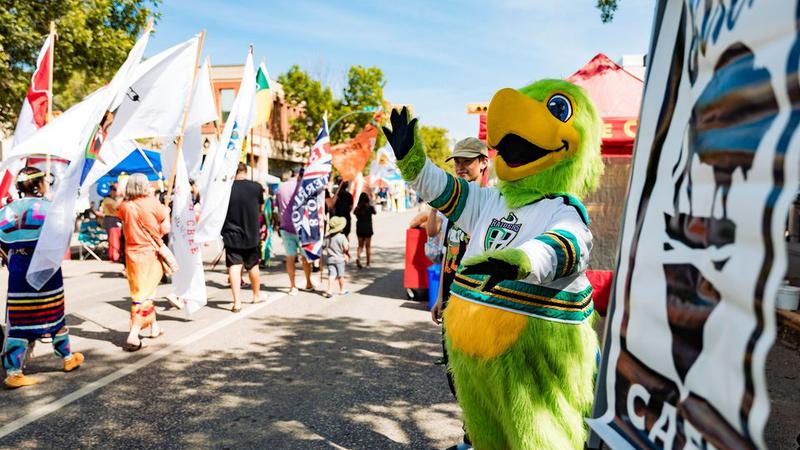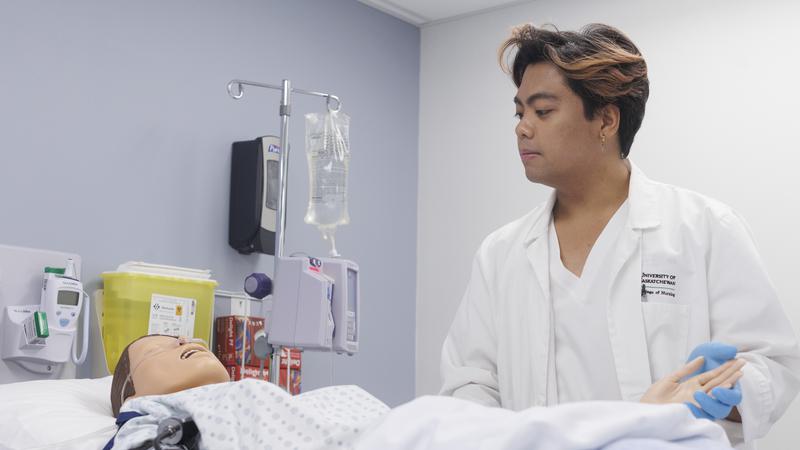
Saskatchewan coroner to hold public inquest into Sept. 4 murders
Not one but two coroner’s inquests will be held into the mass stabbings on Sept. 4 and the arrest and death of Myles Sanderson three days later.
Ten people died in the attacks — nine on the James Smith Cree Nation and one in Weldon — and 18 others were hurt.
Saskatchewan chief coroner Clive Weighill made the announcement Wednesday morning. He talked about the public’s need for information even though the suspect is dead, so there couldn’t be a trial where everything comes out in court.
“Without a public hearing of the facts, it will leave many questions unanswered from the families involved and the public pertaining to the circumstances leading to the deaths,” said Weighill.


